Microsoft to expand white spaces wireless internet in Rural Broadband initiative
2 min. read
Published on
Read our disclosure page to find out how can you help Windows Report sustain the editorial team. Read more
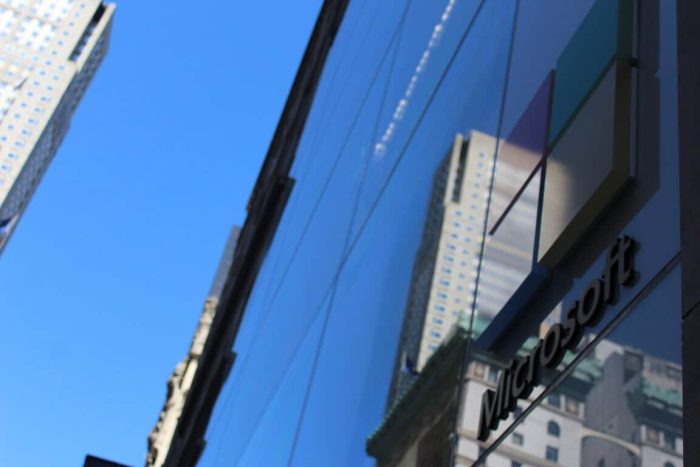
As we have pointed out in the past, Microsoft has been pushing white space technology which could be used to bring affordable Internet to everyone. Indeed, in a time when the world is ever so more connected, the technology only helps citizens get online, since it is powered by the unused broadcasting frequencies in the wireless spectrum. Well, it turns out that Microsoft is set to expand on this with a new Rural Airband Initiative that could bring the internet to millions in the most rural areas of the United States (via recode.net)
According to a blog post penned by Microsoft President Brad Smith, Microsoft is hoping that the Rural Airband Initiative will bring better broadband to two million Americans in the next five years. The project will begin in 12 states with 12 projects where Microsoft partners and local internet service providers and telecommunications companies have offered seed money for the program. Arizona, Georgia, Kansas, Maine, Michigan, New York, North Dakota, South Dakota, Texas, Virginia, Washington, and Wisconsin, are reported to be taking part in the Rural Airband Initiative.
Again, this initiative does not mean that Microsoft is aiming to become an internet service provider. Since building networks in rural areas can be expensive, the tech company is rather providing the necessary assets to local internet providers in these 12 states to help them deliver Internet services, and is not taking profit. Microsoft will instead invest back the revenue from the Rural Airband Initiative into initiatives in other states where the internet access is hard to come by. The company also plans to invest in the newly connected communities and use its philanthropic organization to work with National 4-H Council and help raise awareness for digital skills training.
Microsoft has already deployed 20 TV white spaces projects in 17 countries that have served 185,000 users. The company notes that if 23 million additional customers can access the internet at broadband speeds thanks to this project, all tech company in America will benefit from the Rural Airband Initiative. In fact, Microsoft hopes the project serves as a catalyst for market investments and has plans to stimulate investment by other companies through technology licensing. You can learn more abut the Microsoft Whitespaces initiative, and read up on the success stories by clicking here.
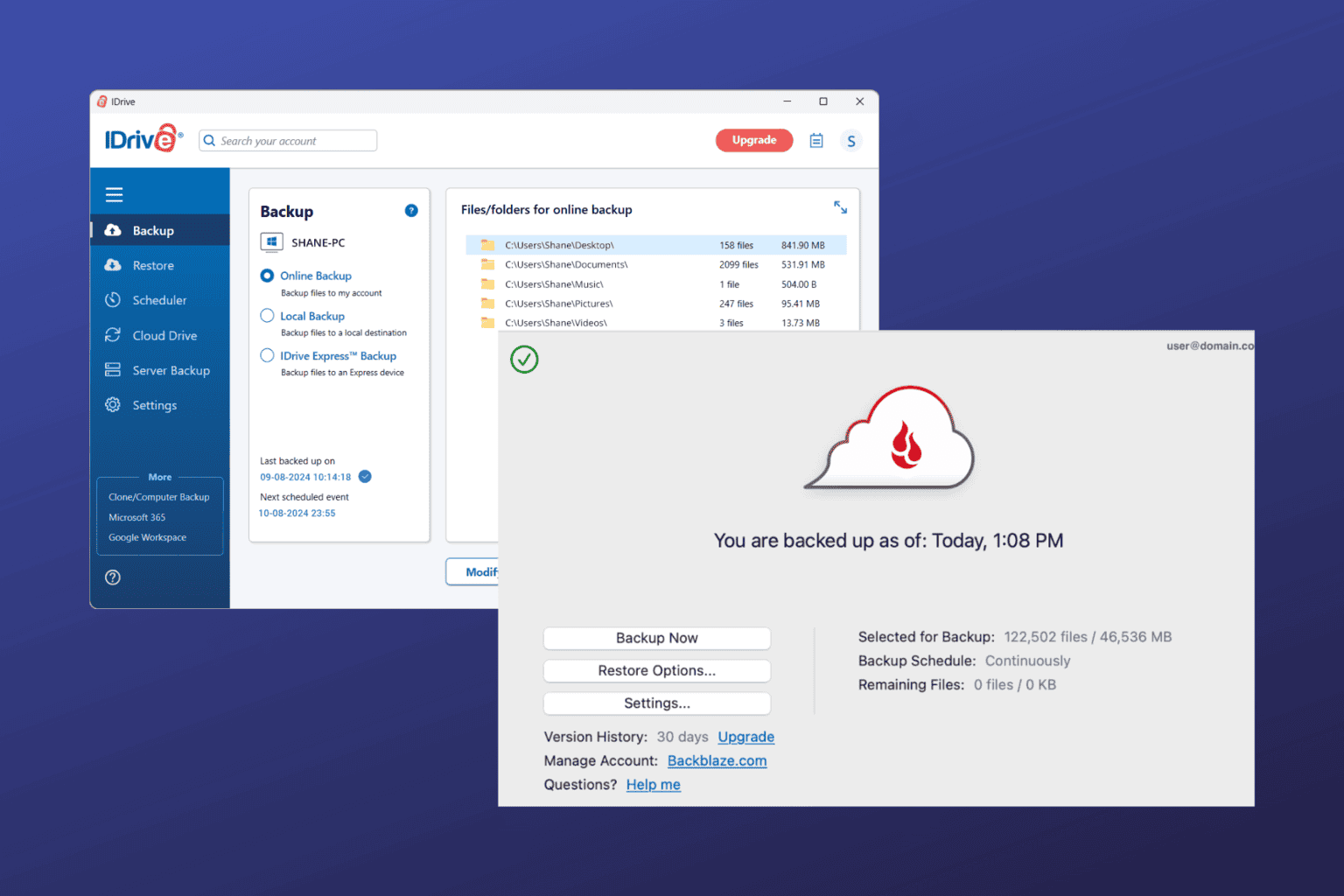
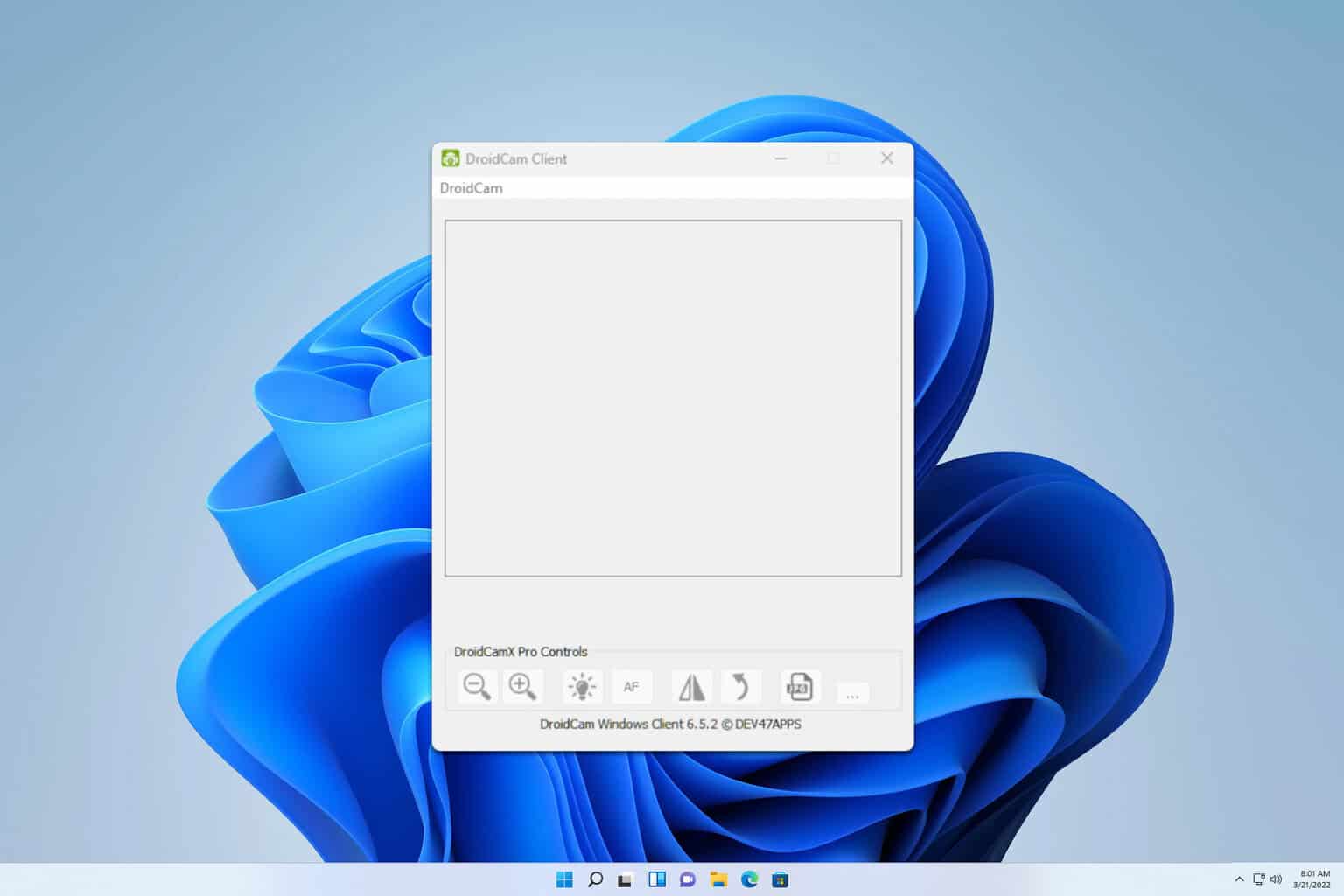
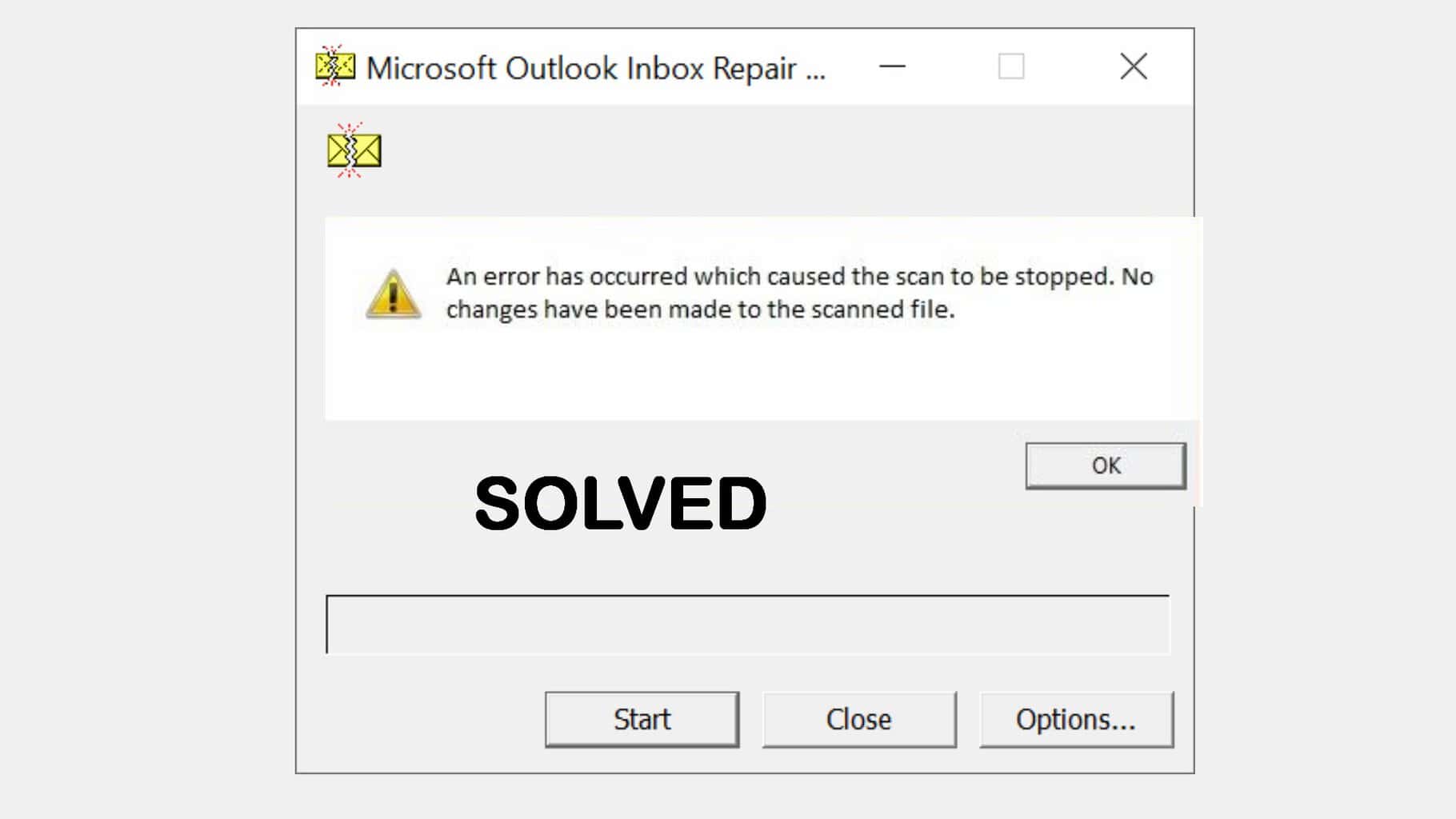
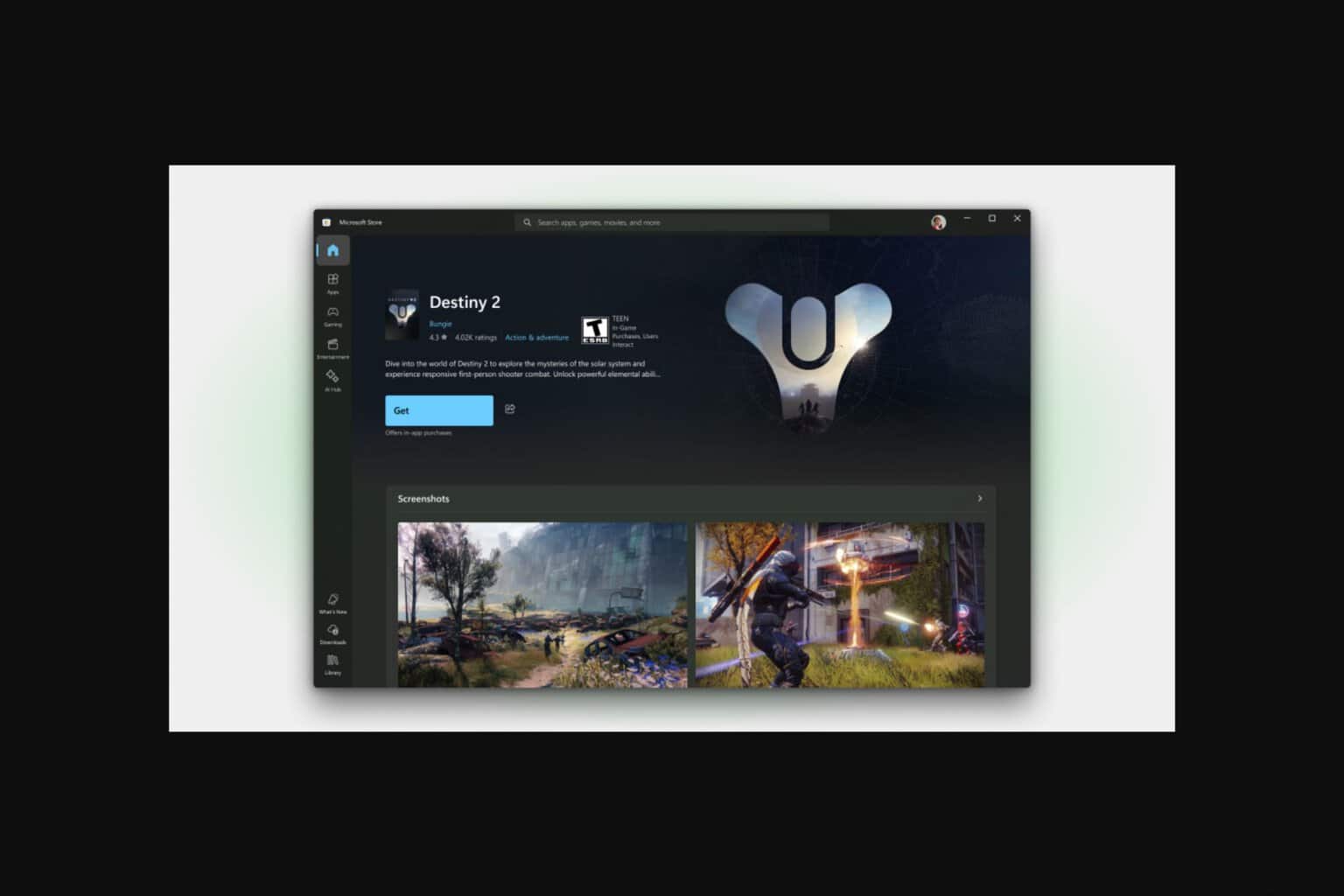

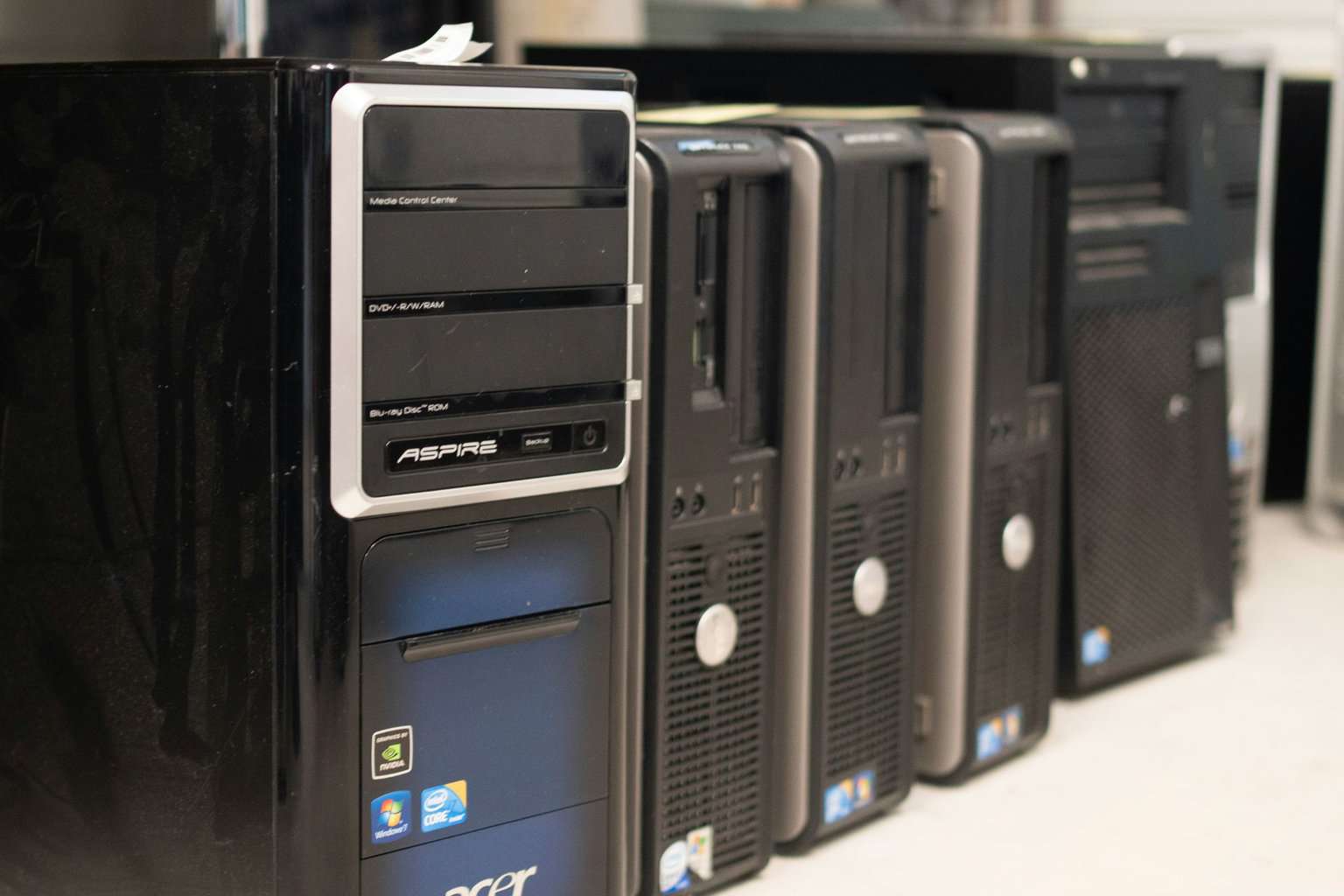
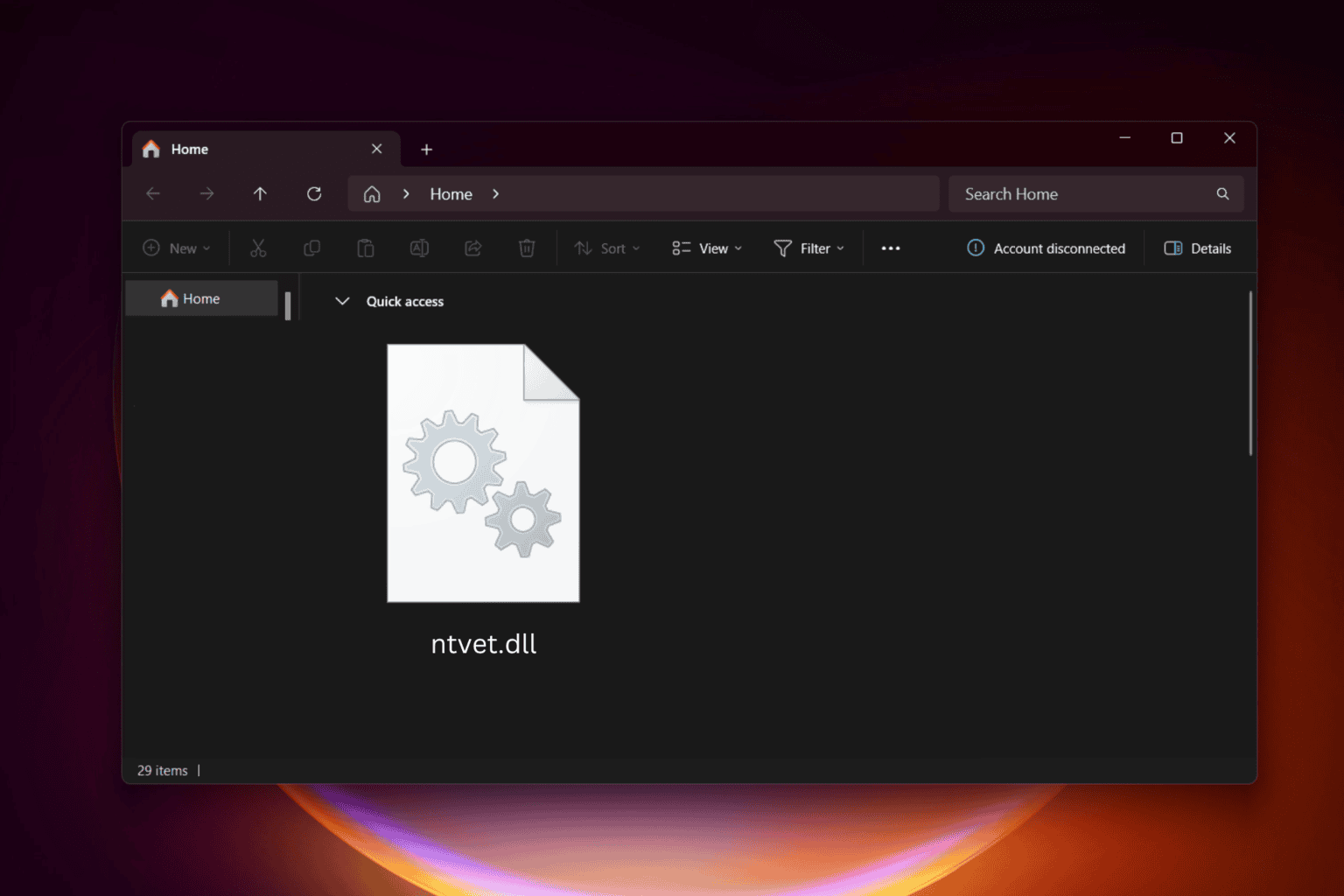
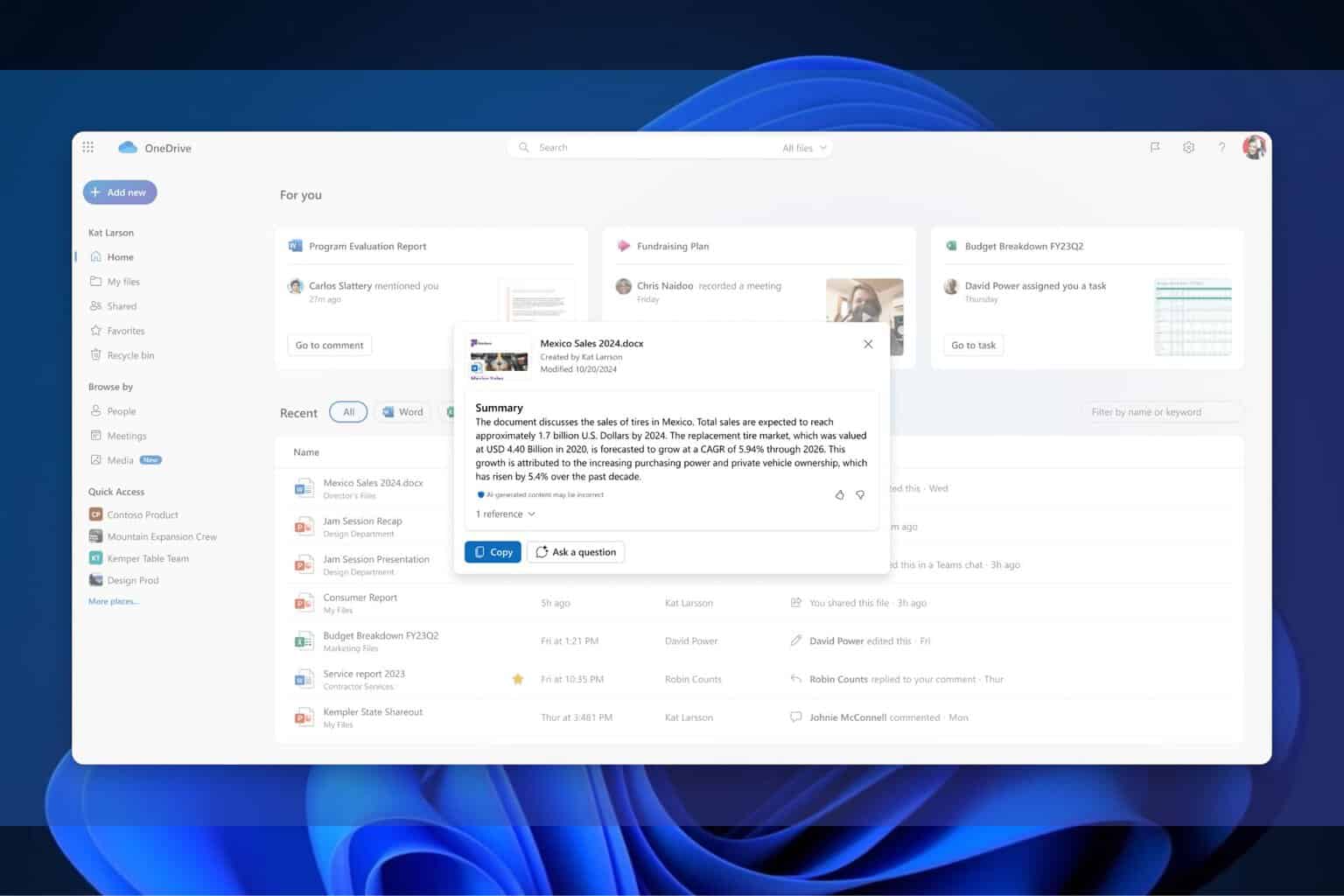
User forum
0 messages